
The whole idea for this particular piece of foodie madness came about while I was thinking about how hunters must have once managed carcases. In the days before cold steel, internal combustion and vacuum-packing, deer would probably have been skinned and butchered where they fell. The skin was probably laid out on the ground, fur side down to be used as a sort of butchering mat.
I like to think that these distant cousins of the modern stalker chopped up the offal with flint axes and baked it, stuffed into the well-washed rumen in a fire hole dug into the earth. Most likely they ate the liver, heart and kidneys still raw — but the past is foreign country and I’m not a caveman.
The point is that offal used to be the first and most accessible part of the animal to be eaten, not least because it will also be the first thing to go bad if the carcase is not used immediately.
As sporting men and women, we have an ethical obligation to eat as much of any animal we hunt successfully as possible. That does not mean you have to use it all yourself right down to the oink.
You can feed deer bones and pheasant carcases to your dogs, once you have had all the best bits. But even among hunters and fishermen, offal seems to be the last great culinary taboo — or perhaps a new one.
Our hard-up ancestors in the early 20th century would have been very glad of a hunk of tripe for supper. It strikes me as a little absurd that we find it perfectly acceptable to drink the lactic excretions of large bovines but struggle with liver and onions.
Furthermore, whether we like the idea of it or not, nearly all of us consume offal when we eat pâté or celebrate the life of the Scottish bard with a healthy helping of haggis.
Esta historia es de la edición November 13, 2019 de Shooting Times & Country.
Comience su prueba gratuita de Magzter GOLD de 7 días para acceder a miles de historias premium seleccionadas y a más de 9,000 revistas y periódicos.
Ya eres suscriptor ? Conectar
Esta historia es de la edición November 13, 2019 de Shooting Times & Country.
Comience su prueba gratuita de Magzter GOLD de 7 días para acceder a miles de historias premium seleccionadas y a más de 9,000 revistas y periódicos.
Ya eres suscriptor? Conectar
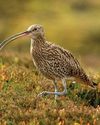
United we stand
Following United Utilities' decision to end grouse shooting on its land, Lindsay Waddell asks what will happen if we ignore our vital moors
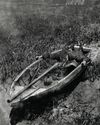
Serious matters
An old gamebook prompts a contemplation on punt-gunning
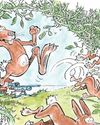
They're not always as easy as they seem
While coneys of the furry variety don't pose a problem for Blue Zulu, he's left frustrated once again by bolting bunnies of the clay sort
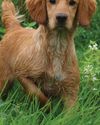
Debutant gundogs
There's lots to think about when it comes to making the decision about when to introduce your dog to shooting
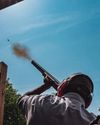
When the going gets rough
Al Gabriel returns to the West London Shooting School to brush up on his rough shooting technique
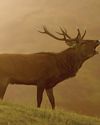
The Field Guide To British Deer - BDS 60th Anniversary Edition
In this excerpt from the 60th anniversary edition of the BDS's Field Guide To British Deer, Charles Smith-Jones considers the noise they make
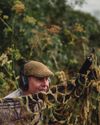
A step too far?
Simon Garnham wonders whether a new dog, a new gun and two different fields in need of protection might have been asking too much for one afternoon's work
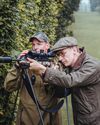
Two bucks before breakfast
A journey from old South London to rural Hertfordshire to stalk muntjac suggests that the two aren't as far detached as they might seem
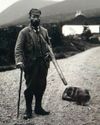
Stalking Diary
Stalkers can be a sentimental bunch, and they often carry a huge attachment to their hill

Gamekeeper
Alan Edwards believes unique, private experiences can help keepers become more competent and passionate custodians of the countryside